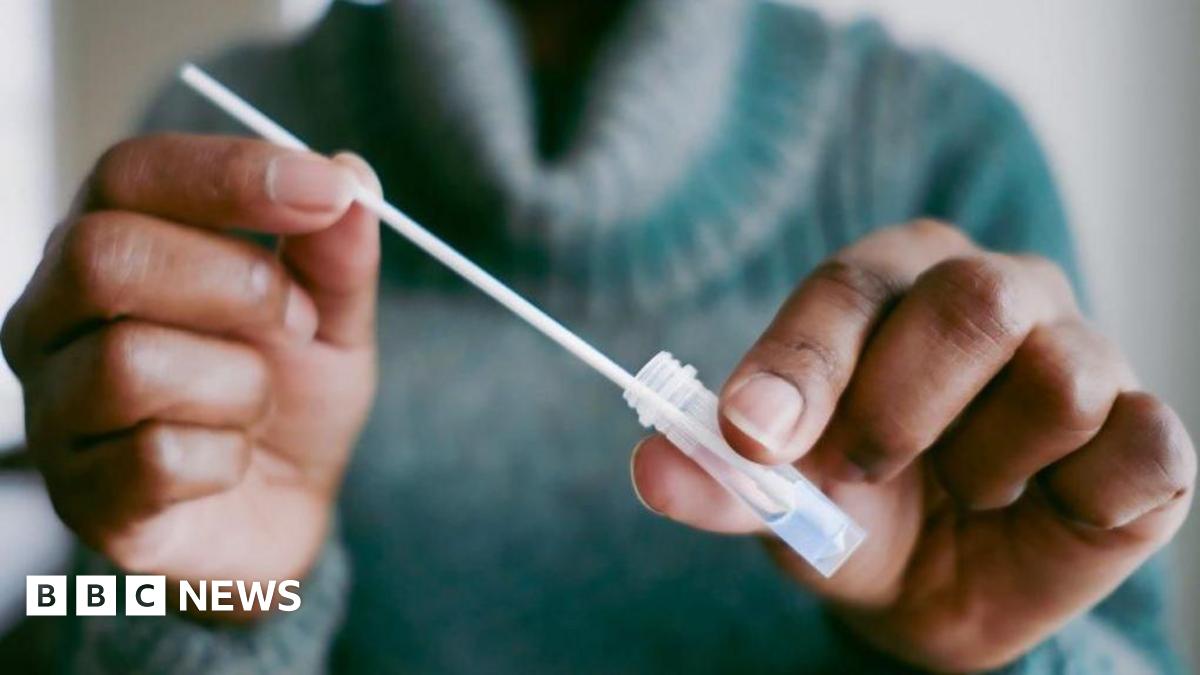T4K3.news
Study reveals accuracy issues in medical self-testing kits
A study from the University of Birmingham finds many self-testing kits lack evidence for their accuracy claims.

A study reveals concerning accuracy issues in popular self-testing medical kits.
Medical self-testing kits are failing to meet accuracy claims
A recent study highlights the shortcomings of self-testing medical kits that promise high accuracy rates for diagnosing various health issues, such as vitamin deficiencies and cancer. Researchers from the University of Birmingham purchased 30 kits from supermarkets and pharmacies, which claimed up to 98% accuracy. However, the study unveiled that nearly 60% of these tests lacked solid evidence to support their claims and exhibited potential errors in their processes. Issues included faulty equipment and unclear instructions for use. The results have led experts to question the value of these tests, particularly as they present a risk of causing harm through misdiagnosis, which can lead to unnecessary anxiety or delays in proper treatment.
Key Takeaways
"Our findings highlight concerns about the value of these self-tests."
Professor Jon Deeks emphasizes the risks associated with inaccurate self-tests.
"The benefit of many of these tests is lacking."
Dr. Clare Davenport discusses potential harm from misusing self-tests.
"Many of the available tests don't make it clear how accurate the results might be."
Professor Kevin McConway reflects on the troubling findings of the study.
"History offers cautionary tales about self-tests."
Experts caution against dismissing self-tests outright, recalling past successes.
The findings of this study raise significant concerns about the reliability of home-testing kits in a healthcare landscape already burdened by over-stretched services. As these kits become more popular for their perceived convenience, the absence of rigorous regulation is alarming. Experts insist that without proper oversight, consumers risk making health decisions based on flawed information. The essential question remains: How can we ensure that consumers are protected from potential harm while still benefiting from useful self-testing tools?
Highlights
- Health tests should empower, not mislead.
- Lack of evidence on accuracy is concerning for consumers.
- False results can cause serious health risks.
- Consumers deserve better protection against faulty tests.
Concerns over medical self-testing accuracy
The lack of evidence supporting the accuracy claims of self-testing kits poses a significant risk for consumers, as false results may lead to serious health implications. Healthcare experts stress the need for improved regulation of these kits to protect public health.
The demand for self-testing kits could rise, but safety must come first.
Enjoyed this? Let your friends know!
Related News

Inaccurate health tests prompt calls for regulation

Study reveals inaccuracy of popular health testing kits

New at-home endometriosis test developed

Revealing unethical medical experiments

New mastectomy guidelines proposed

Study Links Gut Health to Chronic Fatigue and Long COVID

New Study Links Psychiatric Medications to Gut Changes

Study reveals lifestyle changes delay cognitive decline in older adults
